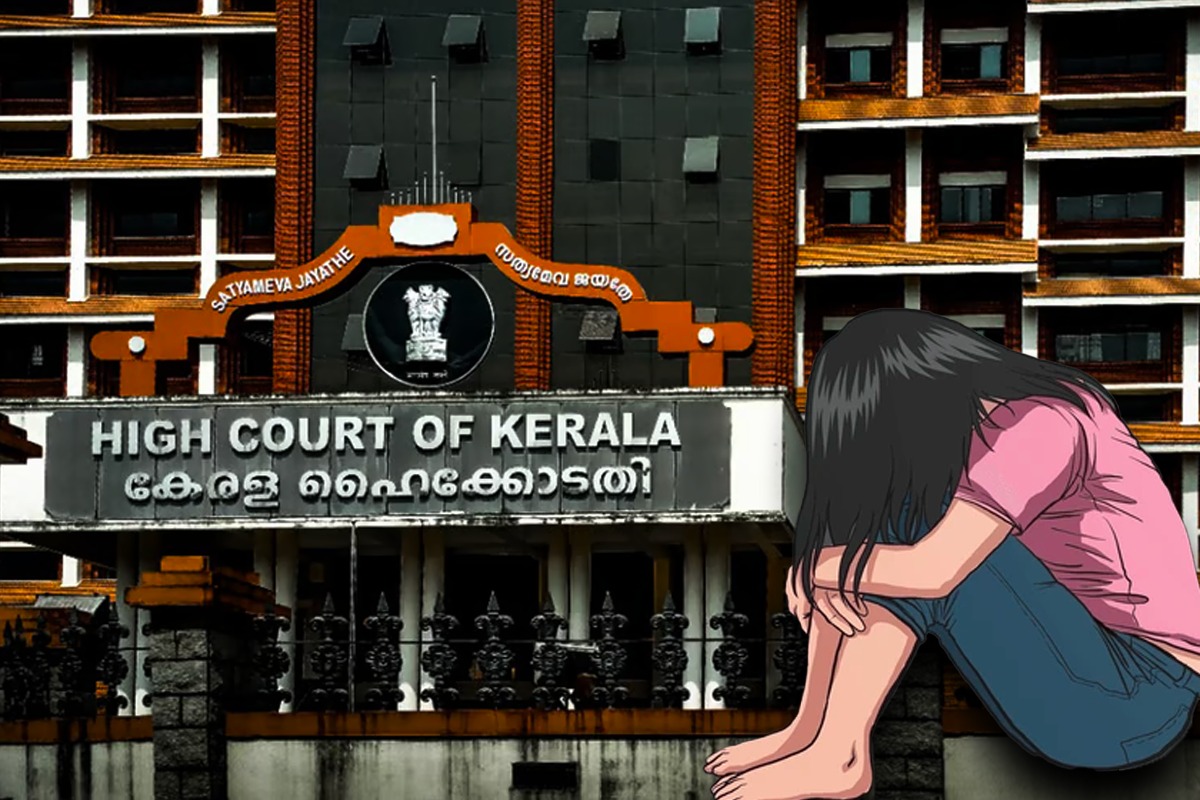

It is crucial to acknowledge that the parents of the minor girl hold the right to advocate for her welfare, including their demand for the termination of the pregnancy resulting from an incestuous relationship with her brother.

The Kerala High Court’s denial of the termination of pregnancy for a 12-year-old minor girl, who was allegedly in an incestuous relationship with her minor brother, has sparked a debate on the ethical and legal aspects of such cases. The court ruled out the option of terminating the pregnancy, citing that the fetus had reached 34 weeks of gestation and was fully developed. The parents submitted to the court that it could cause physiological and psychological issues to the minor.
The court’s decision raises several questions: Is it fair to force a minor girl to give birth to a child conceived out of an unlawful and abusive relationship? What are the long-term implications of such a pregnancy on the physical and mental health of a minor girl and the child? How will the girl cope with the social stigma and trauma of being a mother of a child borne out of an incestuous relationship? How will the child’s identity and rights be protected in a society that condemns incest?
The court’s decision also contradicts the earlier recommendations of the Medical Board, which had suggested terminating the pregnancy due to the young age and potential psychological trauma of the girl. The Board later changed its opinion, stating that the girl was healthy enough to carry the child and that continuing the pregnancy for two more weeks would not cause a severe psychological impact. The court ordered a reevaluation of the girl and the fetus, which suggested a cesarean section delivery as a less traumatic option.
The court’s decision seems to be based on the premise that the life of the fetus is more important than the well-being of the girl. It ignored the fact that the girl is a victim of a heinous crime and needs protection and justice. Also, the best interests of the unborn child were not taken into consideration, who will be born into a dysfunctional and hostile environment. The court also overlooked the legal provisions that allow termination of pregnancy in exceptional cases, such as rape, incest, or risk to the mother’s life.
The court’s decision has denied the parents’ rights to protect their minor girl child. It is also a reflection of the patriarchal and conservative mindset that views women and girls as mere vessels for reproduction, without regard for their agency and consent. This decision of the Kerala High Court is a setback for the women’s rights movement and the child rights movement in India.
The court’s decision should be challenged and reviewed by a higher authority immediately without wasting more time. The girl’s parents should be given the option to terminate the pregnancy. The minor girl should also be provided with adequate medical, psychological, and legal support. The alleged brother should be held accountable for his actions and punished according to the law. The authorities should also ensure the safety and welfare of the girl and the child if born. Society should also show compassion and empathy towards the girl and the child.
It is crucial to acknowledge that the parents of the minor girl hold the right to advocate for her welfare, including their demand for the termination of the pregnancy resulting from an incestuous relationship with her brother. This particular case falls well within the realm of the rights bestowed upon parents to safeguard the well-being of their girl child, and the court’s decision should be promptly reconsidered to prevent lasting harm to the girl and her unborn child.